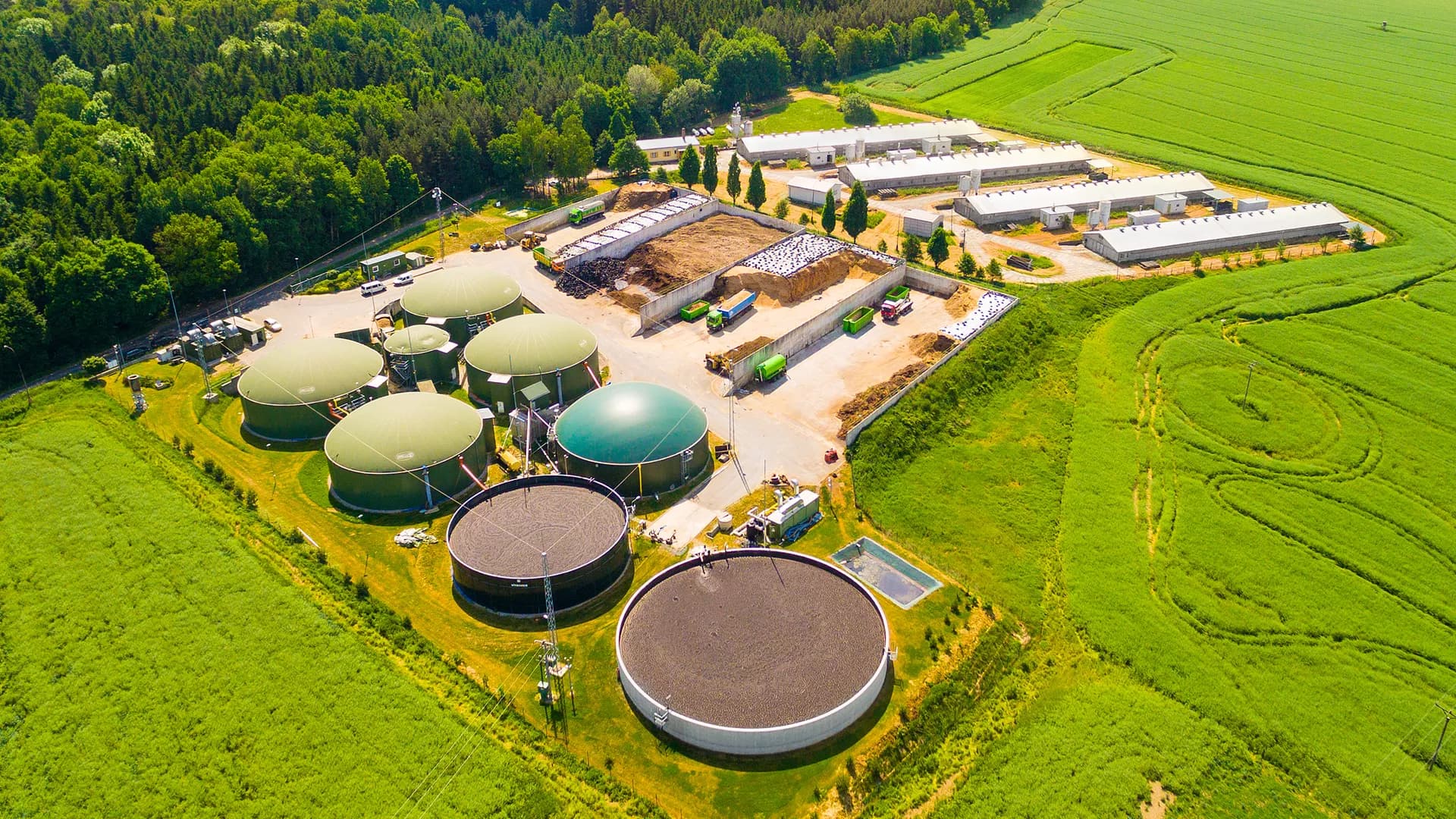The normal operation of the energy system is related to the security and stability of the region and even the country. Compared with inland areas, islands can become a precedent for building a low-carbon and zero-carbon society due to geographic advantage. However, they also have to deal with more vulnerable energy systems. Taking Chongming Island as a case, this paper discusses the necessity of energy transformation from external, internal, and geographic causes, investigates the possible path of resilient energy transformation for islands, and puts forward a series of policy recommendations together with possible ways toward resilient energy transition.
Recently, incorporating renewable energy resources (RERs) like wind turbines (WTs) in a distribution network is rapidly increased to meet the load growth. However, distribution networks have been facing many challenges to withstand the intermittent output power of RERs. Battery energy storage (BES) is used with RERs to smoothly inject the output power to the grid by RERs. Therefore, this paper proposes an effective strategy for optimal allocation of WT and BES in RDS to decrease the total system losses. In addition, a modified bald eagle search (BES-optimizer) is proposed to obtain the preferable allocations of WT and BES simultaneously in the radial distribution system (RDS) considering the probabilistic distribution of the WT and load demand. IEEE 69-bus RDS is utilized as a test system. Based on the obtained results, installing WTs with BES gives better results than installing WTs alone in the RDS. However, the proposed algorithm proved its efficiency to obtain the best global results compared with other well-known techniques.
As a low-carbon and environmentally friendly renewable energy source, wind power has been globally recognized as the best solution to achieve energy saving and emission reduction and promote low-carbon economic growth. With the increase of wind power penetration, wind power has a great impact on sub-synchronous state stability and dynamic characteristics of the grid-connected system. Aiming at the fact that the correlation between clustering indexes and sub-synchronous oscillation (SSO) mode and the difference of the contribution to the clustering results are seldom considered in the current equivalent modeling of doubly-fed induction generator (DFIG)-based wind farm, this paper proposes a clustering method based on the index dimension reduction and weighted fuzzy C-means (WFCM) clustering algorithm. Besides, for the SSO study of the grid-connected system without sufficiently considering the coupling effects between controller parameters, a multi-parameter coupling optimization design strategy combining orthogonal experiment method (OEM) and response surface method is proposed. Firstly, the dominant variables of SSO mode of the DFIG-based wind farm connected to weak grid by series compensation system are taken as the initial clustering indexes. After dimension reduction by principal component analysis, the WFCM algorithm is utilized to cluster the wind farm. Then, the proportional and integral coefficients of the grid-side controller, rotor-side controller and phase-locked loop are optimized to achieve the simultaneous optimization of the SSO characteristics and dynamic characteristics of the system. Finally, the interaction between control parameters and the influence degree and trend on the system performance are quantitatively evaluated, and the optimal parameter combination is obtained. The proposed strategy can mitigate SSO more effectively while improving anti-interference than the particle swarm optimization based on OEM.
This paper evaluates the thermo-economics of power-to-chemicals using solar energy, with the chemicals being methane, methanol, and gasoline. In addition to the optimal technology sizing and heat cascade utilization, this paper also considers the optimal molten-salt solar power tower (MSPT) design, as the MSPT significantly affects the levelized product cost. A bi-level optimization is proposed, employing mixed-integer linear programming at the lower level with heat and mass integration for optimizing sizes and operating strategies of technologies, and with heat cascade utilization and a genetic algorithm at the upper level for optimizing the MSPT design. In the upper level, the full-load storage hours, design direct normal irradiance, solar multiple, and sizes of the MSPT are optimized. The electricity sources considered are the MSPT, photovoltaic (PV) with daily electricity storage, and the electrical grid as a complementary technology to satisfy the targeted daily product demand. Cost-competitiveness of solar-driven chemical synthesis is thoroughly assessed via considering sensitivity analysis on 1) regional solar resource endowments and actual local demands; 2) electricity sources, that is, PV vs. MSPT; and 3) the scale effect represented by different chemicals’ yield. The results show that the levelized methane cost ranges from 4.5 to 8.5 €/kg, depending on the location, plant size, and annual power contribution of concentrated solar power. Due to the larger mass production, the levelized cost of methanol and gasoline is lower: 1.5–2.2 €/kg for methanol and 4–6 €/kg for gasoline. The findings highlight the significance of location choice, that is, natural endowment of solar radiation and carbon sources. Using the syngas co-electrolysis pathway and direct solar radiation 100 kWh/m2 higher, the methane production cost is decreased by 2.4 €/kg. Sensitivity analysis performed on plant scale reveals that a compact, small-scale system is far too expensive. The levelized cost of methane could be decreased by 1.2 €/kg when the plant is scaled up from 4,000 to 20,000 kg/day H2. Due to its expensive electricity storage and limited working hours, PV is typically not chosen as a power source. Overall, solar fuels are unlikely to be cost-competitive in the near future when compared to market prices for all three compounds under consideration.
Frontiers in Manufacturing Technology
Zero Defect Manufacturing in the Era of Industry 4.0 for Achieving Sustainable and Resilient Manufacturing




